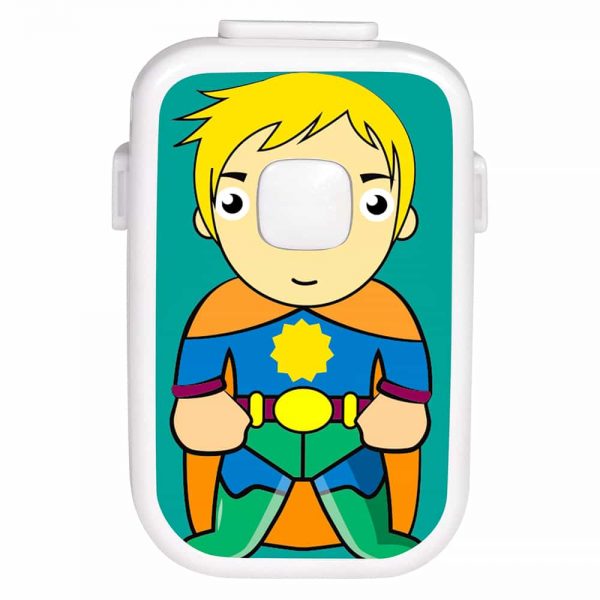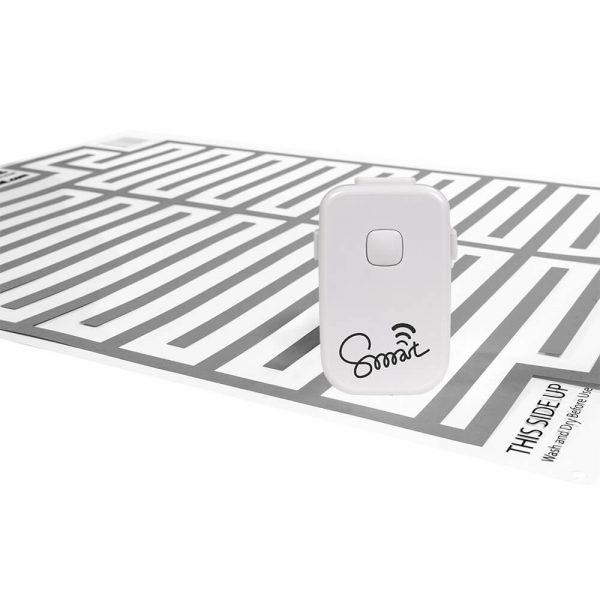Bedwetting or nocturnal enuresis is unintentional, passage of urine during sleep at night after the age when a child should have the ability to control his/her bladder when it is full. Bedwetting is a common problem in children, especially those less than 6 years old. About 13% of 6 year old children wet the bed while about 5% of 10 year old still wet the bed.
There are two types of Bedwetting; Primary and secondary.
Primary Bedwetting is the type that is going on with the child since early childhood without a break, where the child has never been dry at night for any significant period of time.
Secondary bedwetting is when child starts wetting again after he they have been dry at night for a long period of time or at least 6 months.
Studies show that as many as 5-7 million children in the U.S suffer from Bedwetting. The cause is likely due to one or combinations of any of the factors listed below.
A child with secondary bedwetting is much more likely to have other symptoms like daytime bedwetting. Some causes for secondary bedwetting are as follows.
Smart offers the best bedwetting alarm to stop bedwetting.

The Smart wearable alarms is recommended to stop bedwetting in children and deep sleepers. The alarm is placed close to the child’s chest where it is easily heard. On detecting urine, the alarm alerts the user with loud sounds, bright lights and strong vibrations. The alarm is designed for children ages 5 and older.

For adult bed wetters and teenage bedwetting, the Smart bedside alarm is recommended. This alarm offers unparalleled comfort and convenience and the user has no wires on the body at night. The alarm alerts the user with loud sounds, bright lights and strong vibrations and awakens them on detecting urine.
Bedwetting can have impacts which can be short or long term. This can be stressful for both children and parents. Studies prove that bedwetting children have lower self esteem and live in fear of being discovered by their peers and feel of getting bullied and teased at home and school. Overall their social environment and school performance becomes weak.
The impact of bedwetting can increase if they don’t get parental support that leads them to refuse to interact and be social in most situations. Parents support is very essential; they must make them feel that they are not alone. Sharing bedwetting stories can make them feel better. The child might feel that something is wrong with them but to see positive results educate yourself and your child about bedwetting and help them to overcome bedwetting sooner.
Children often worry about wetting the bed at school camps or at sleepovers your child should be encouraged not to miss out on these fun times. Many children who wet the bed seem to sleep more heavily and it is usually harder to wake them up.
Some tips to help your child stop wetting the bed permanently.